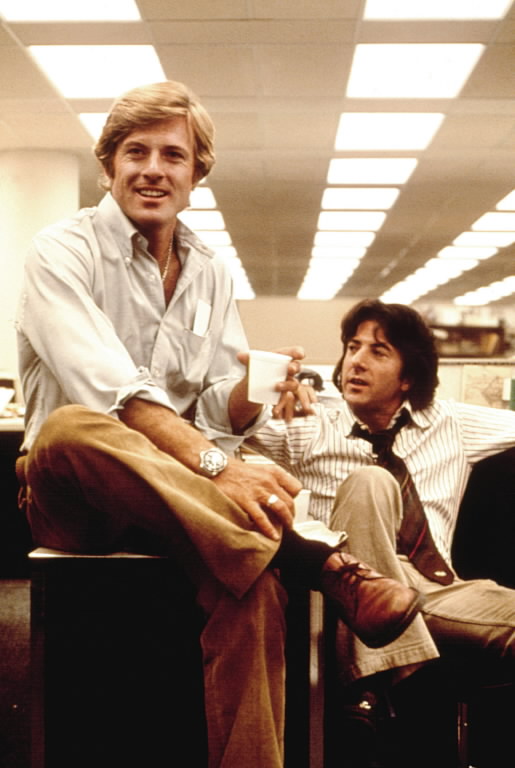"Where do you want to go from here?" Zero Dark Thirty and the War on Terror
n your opinion, does ZDT imply torture is effective and therefore justifiable, or is the representation more ambivalent and complex than either "yes" or "no" on torture? How would you describe the character Maya Lambert? Is she a sympathetic character? How is the rest of the bureaucracy represented in ZDT? Are they cowardly or simply careful? Is there a conflict between careerism and excellence?
